Hong Kong defends privacy laws amid big tech backlash
A technology industry body has proposed a number of amendments to the laws which it says are too broad

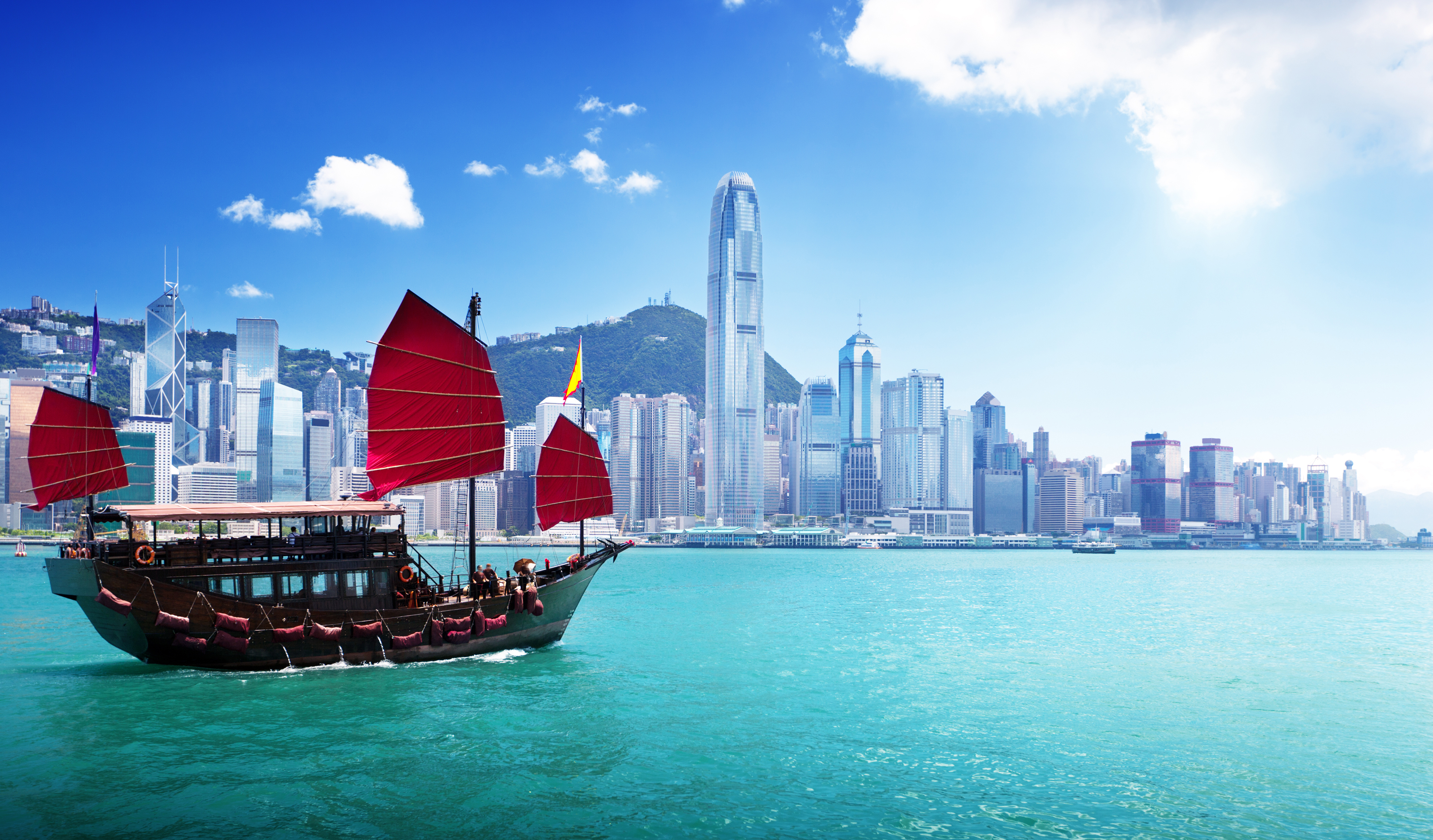
Sign up today and you will receive a free copy of our Future Focus 2025 report - the leading guidance on AI, cybersecurity and other IT challenges as per 700+ senior executives
You are now subscribed
Your newsletter sign-up was successful
Hong Kong has defended bringing in changes to its privacy laws, which a technology industry body has raised a number of concerns about.
The new laws target “doxxing”, which is a malicious act where people’s personal information is published online. This is a tactic used during the pro-democracy protests in Hong Kong during 2019 where government supporters sought to identify masked protestors, while protestors themselves reportedly shared private information about police officers and their families, as reported by the Guardian.
Hong Kong’s Privacy Commissioner for Personal Data (PCPD) reaffirmed that the laws will only concern “unlawful” doxxing acts and the PCPD’s related enforcement powers.
“The scope of the doxxing offence will be clearly set out in the Amendments. The PCPD strongly rebuts any suggestion that the Amendments may in any way affect foreign investment in Hong Kong,” it said in a statement.
The proposed legislation has been met with some resistance from the Asia Internet Coalition (AIC), an industry association of leading internet and tech companies in the Asia Pacific region with an objective to promote the understanding and resolution of Internet and ICT policy issues. Based in Singapore, AIC counts on Big Tech companies among its members, such as Apple, Facebook, Google, Amazon and SAP.
In a letter sent to the PCPD on June 25, and made public this week, AIC established a number of proposed amendments to the law, stating that the proposed legislation was too broad.
RELATED RESOURCE
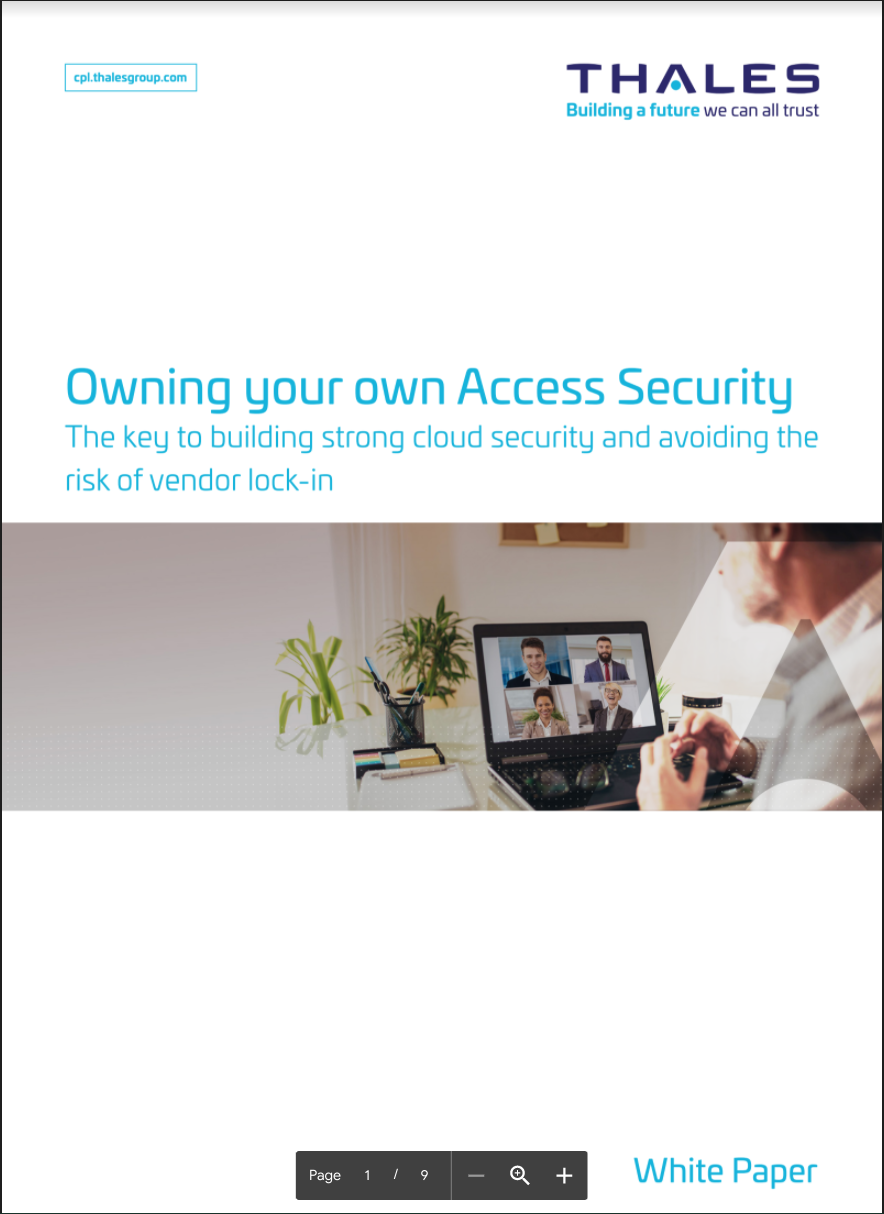
Owning your own access security
The key to building strong cloud security and avoiding the risk of vendor lock-in
AIC said that as online services are provided by offshore global or regional headquarter companies, local staff of overseas platforms “are not responsible for the operations of the platforms; neither do they (or the local subsidiary by which they are employed) have access right or control to administer the online platform contents”.
Sign up today and you will receive a free copy of our Future Focus 2025 report - the leading guidance on AI, cybersecurity and other IT challenges as per 700+ senior executives
It said that any rectification notice “may only be legitimately issued against the real operating entity of the online services platform outside of Hong Kong, and it would be a fallacy to issue the same against their local subsidiaries or entities, or to hold them or their employees legally liable for the same.”
AIC went on to underline that the only way for tech companies to avoid these sanctions would be to refrain from investing and offering their services in Hong Kong, which could deprive businesses and consumers and create new barriers to trade.
“Thus, the possibility of prosecuting subsidiary employees will create uncertainties for businesses and affect Hong Kong’s development as an innovation and technology hub. If it remains the PCPD or the Administration’s intention to hold the employees of the local subsidiaries or entities liable for doxxing content, we seek clarification on the legal basis of doing so.”
The PCPD has stated it is welcoming views from stakeholders and will meet with representatives of the AIC to “better understand their views”.
Zach Marzouk is a former ITPro, CloudPro, and ChannelPro staff writer, covering topics like security, privacy, worker rights, and startups, primarily in the Asia Pacific and the US regions. Zach joined ITPro in 2017 where he was introduced to the world of B2B technology as a junior staff writer, before he returned to Argentina in 2018, working in communications and as a copywriter. In 2021, he made his way back to ITPro as a staff writer during the pandemic, before joining the world of freelance in 2022.
-
 Mistral CEO Arthur Mensch thinks 50% of SaaS solutions could be supplanted by AI
Mistral CEO Arthur Mensch thinks 50% of SaaS solutions could be supplanted by AINews Mensch’s comments come amidst rising concerns about the impact of AI on traditional software
-
 Westcon-Comstor and UiPath forge closer ties in EU growth drive
Westcon-Comstor and UiPath forge closer ties in EU growth driveNews The duo have announced a new pan-European distribution deal to drive services-led AI automation growth
-
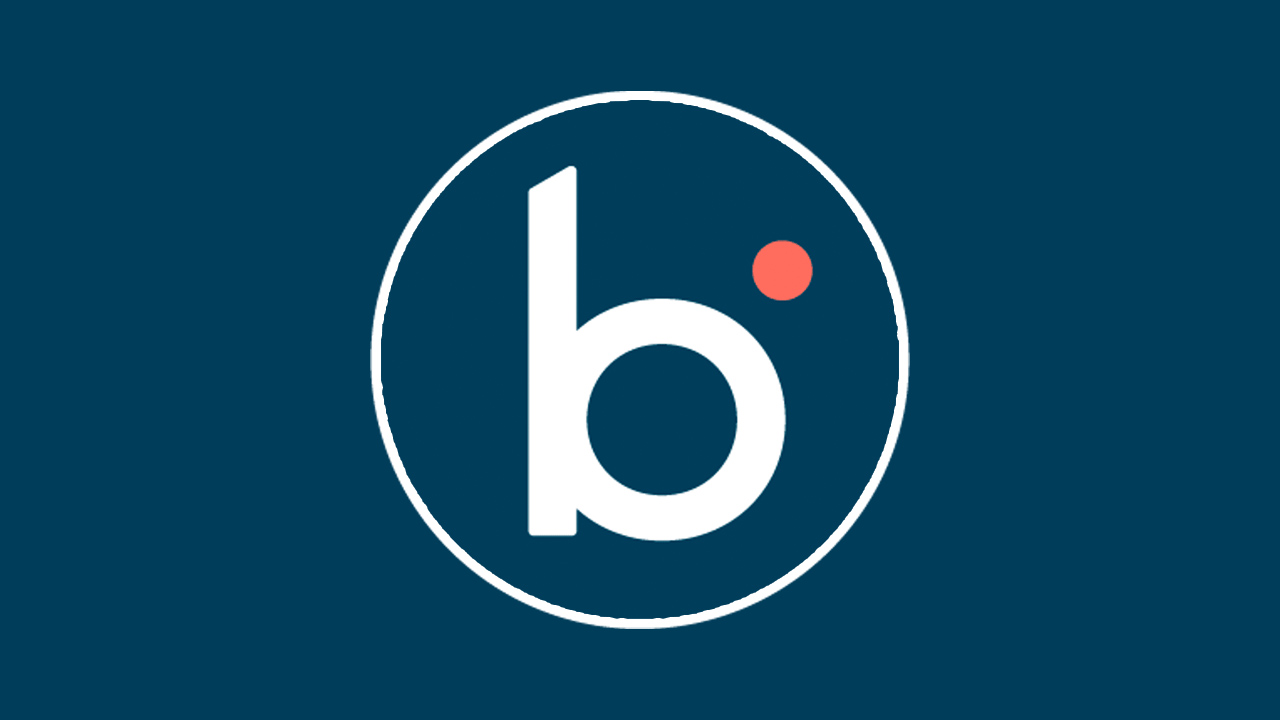 Boomi snaps up former MuleSoft executive as APJ channel lead
Boomi snaps up former MuleSoft executive as APJ channel leadNews Global software veteran Jim Fisher will work to expand the company’s channel operations across the region
-
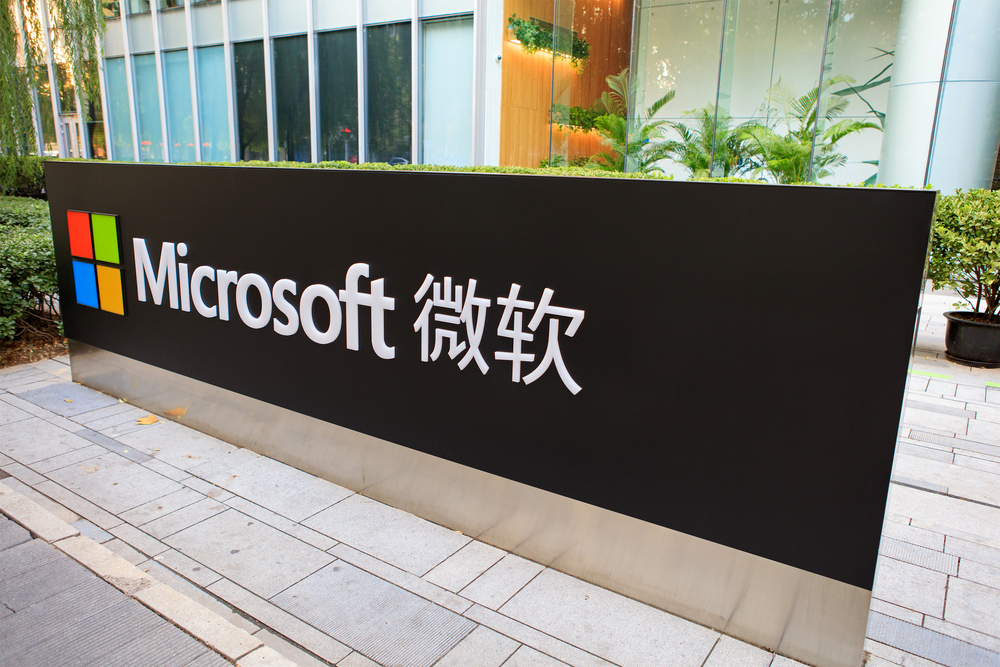 Why Microsoft Teams has only just launched in China
Why Microsoft Teams has only just launched in ChinaNews The tech giant has officially launched Teams via its local partner in China, after it was launched globally in 2017
-
 UK startup's Equinix deal marks step towards broad quantum computing access
UK startup's Equinix deal marks step towards broad quantum computing accessNews Businesses around the world will be able to use its quantum computing as a service platform through Equinix
-
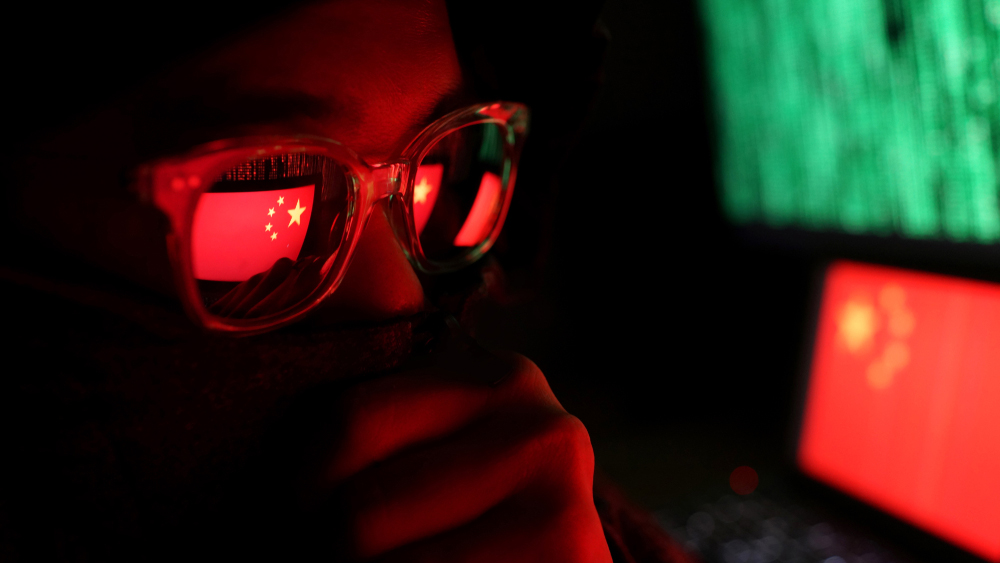 MI5 to establish new security agency to counter Chinese hacking, espionage
MI5 to establish new security agency to counter Chinese hacking, espionageNews The new organisation has been compared to GCHQ’s NCSC, and will provide companies advice on how to deal with Chinese companies or carry out business in China
-
 UK set to appoint second-ever tech envoy to Indo-Pacific region
UK set to appoint second-ever tech envoy to Indo-Pacific regionNews The role will focus on India after Joe White was made the first technology envoy, a role focused on the US, in 2020
-
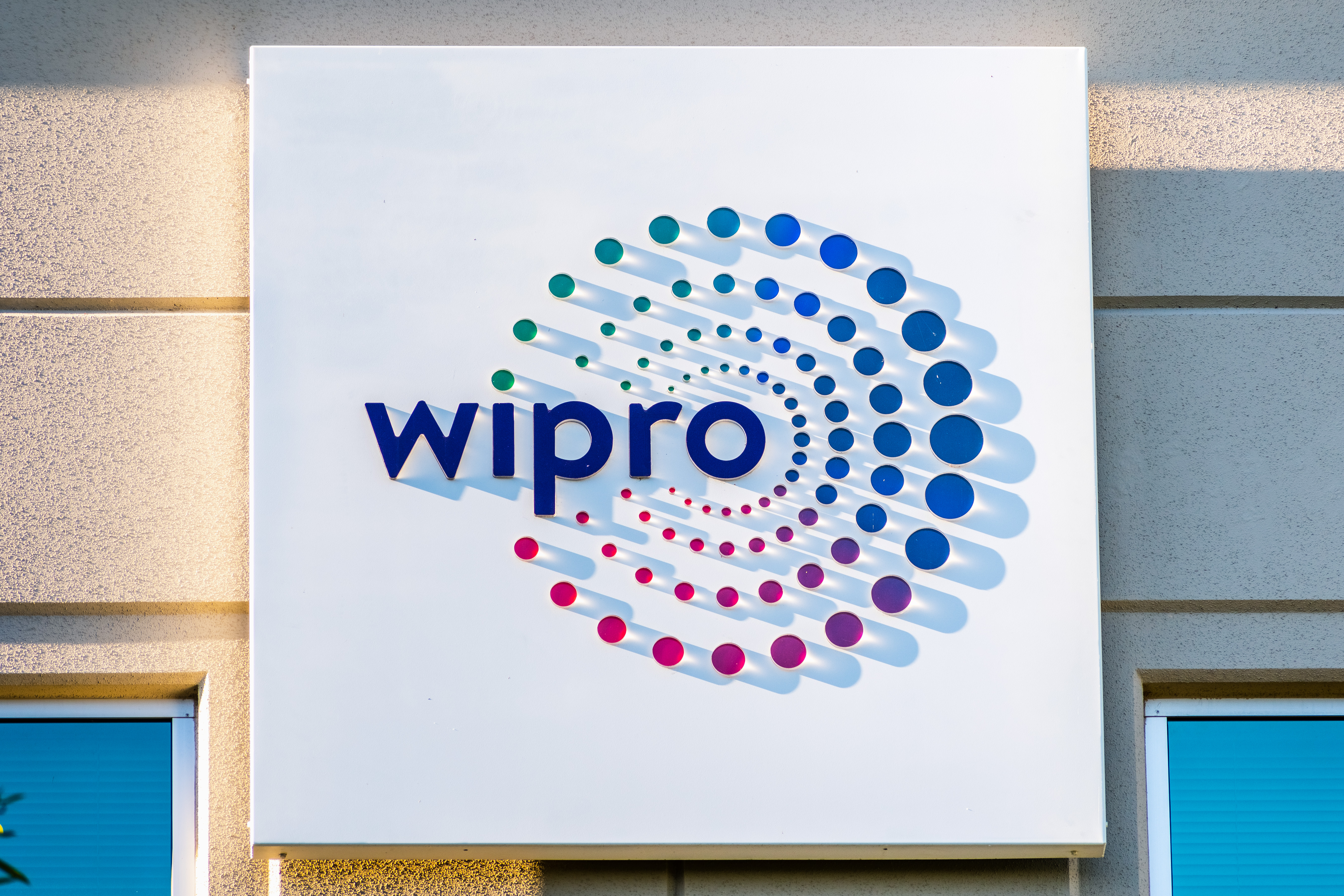 Wipro faces criticism after cutting graduate salaries by nearly 50%
Wipro faces criticism after cutting graduate salaries by nearly 50%News Graduates were given days to decide whether they would accept greatly reduced pay offers, prompting union action
-
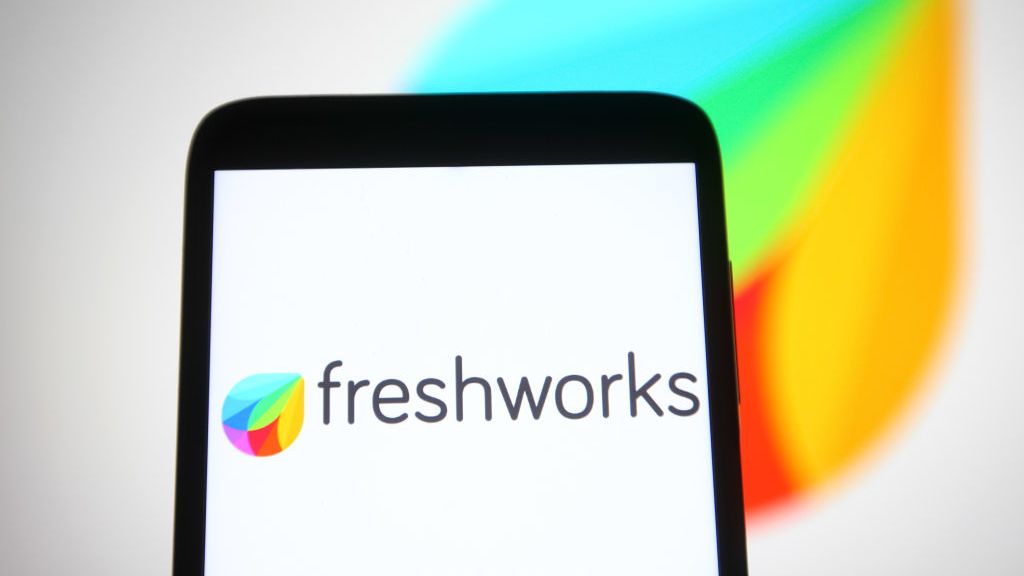 Freshworks appoints Sandie Overtveld as new SVP of APJ and MEA
Freshworks appoints Sandie Overtveld as new SVP of APJ and MEANews The digital transformation veteran brings years of regional expertise to lead Freshworks’ growth strategy
-
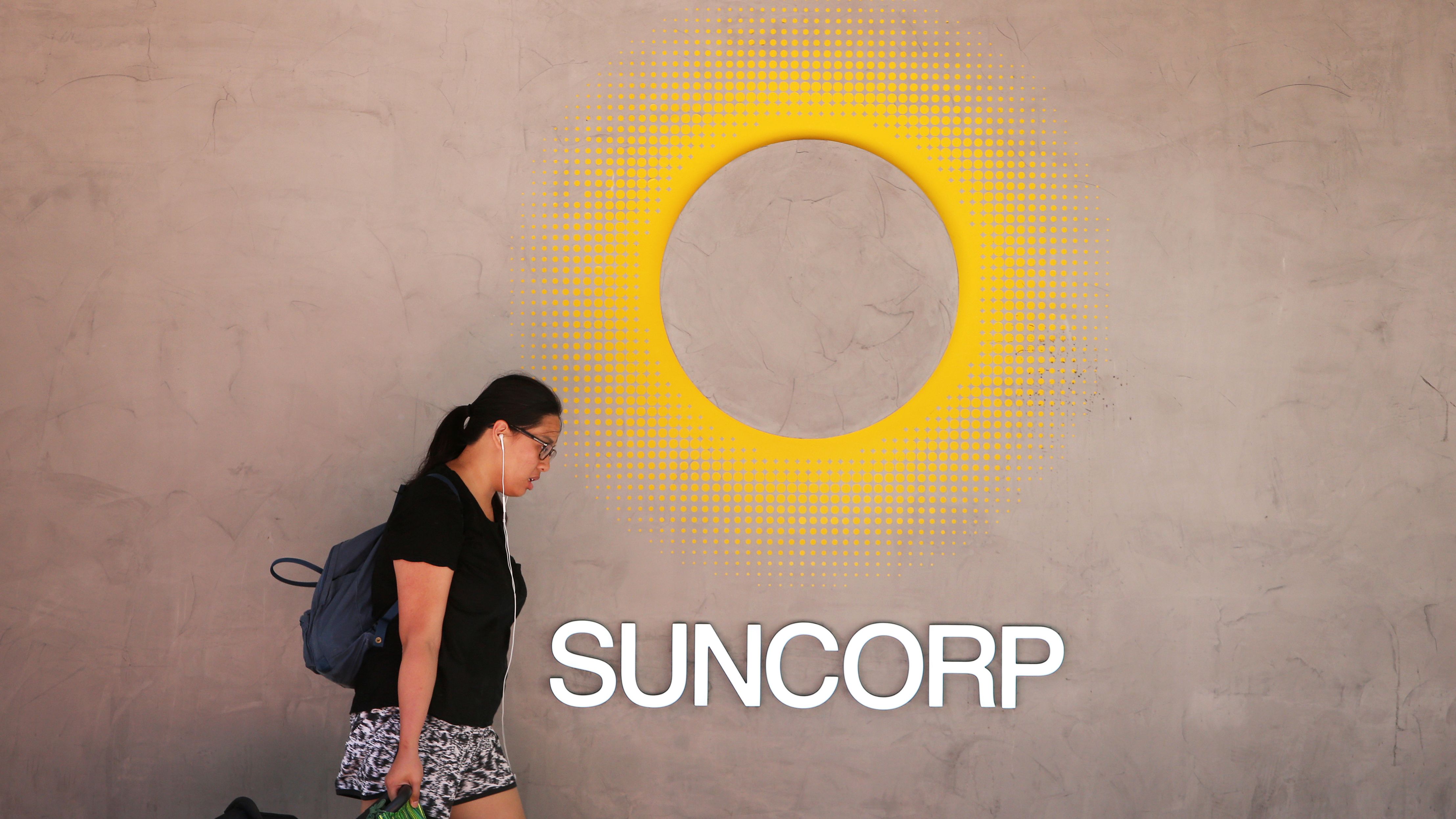 Suncorp signs three-year Azure deal to complete multi-cloud migration by 2024
Suncorp signs three-year Azure deal to complete multi-cloud migration by 2024News The financial services firm seeks to wind down its on-prem data centres and wants 90% of its workloads in the cloud by the end of the year
